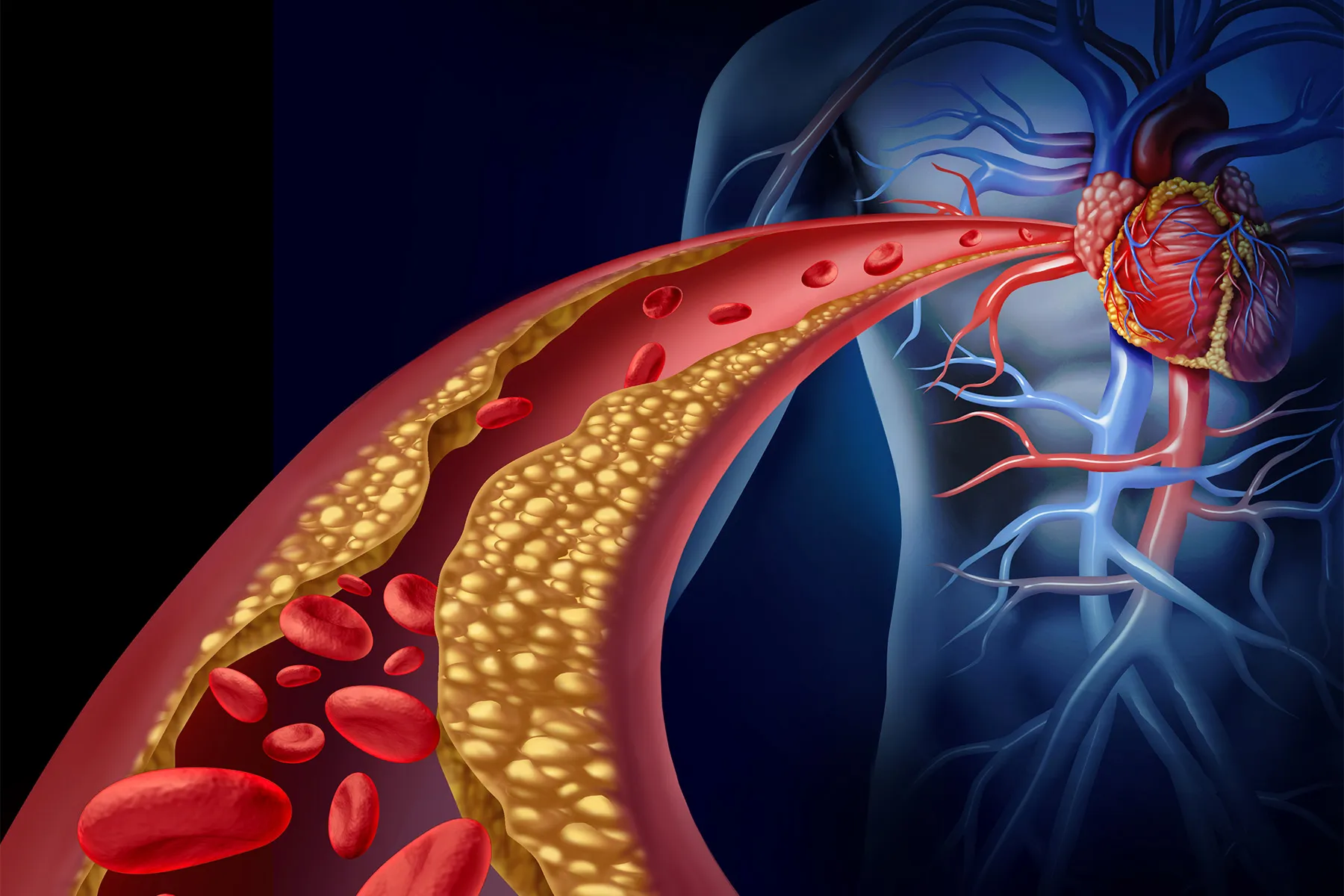To some, sneezing in their sleep may feel like an oddity. To others, it’s a regular occurrence. What’s got your nose active so active at night? A doctor explains how you can sneeze in your sleep, why sleep sneezing happens, and what you can do to stop it.
To answer the most important question, yes, you can sneeze in your sleep, but only in its earliest stages, says Eric Ascher, M.D., a family medicine physician at Lenox Hill Hospital. “When you enter the deepest stage of sleep, you do not have the ability to sneeze,” he says. “The nerves that cause you to sneeze are also in a resting state.”
However, there is an off chance that you can sneeze in deeper stages of sleep. “Sometimes an irritant can wake you up from a deep stage of sleep and can cause you to sneeze,” adds Dr Ascher. “But at that point you are awake—not because of the sneeze—but because of the irritant that causes you to sneeze. This is common in those with allergies or a bad cold.”
So what irritants can cause you sneeze in your sleep? Dr. Ascher chalks it up to a number of things.
First of all, consider what kind of irritants you have going on your bedroom or wherever you doze off that could be arousing your nose. Is it dust or even new bed sheets? “You may want to consider checking for and removing environmental triggers (like dusting in hard to reach places) which may trigger sneezing in earlier stages of sleep,” says Dr. Ascher.
How do you quit sneezing in your sleep? Here are Dr. Ascher’s tips to cut the sneezing and sleep soundly:
- Give your room a dusting in case any allergens are lurking.
- Try changing your bed sheets in case any triggering dander is laying low within them.
- Keep your windows closed to prevent irritants like pollen and bugs from coming in.
- Bathe before bed to cleanse your body of any triggering dirt or dander.
If all else fails, check in with your healthcare provider about allergy testing to beat the sneeze.
Taylyn Washington-HarmonTaylyn Washington-Harmon is the Health Editor at Men’s Health, with previous bylines at Health Magazine, SELF, and STAT.
This content is created and maintained by a third party, and imported onto this page to help users provide their email addresses. You may be able to find more information about this and similar content at piano.io
Note: This article have been indexed to our site. We do not claim legitimacy, ownership or copyright of any of the content above. To see the article at original source Click Here

.jpg)










